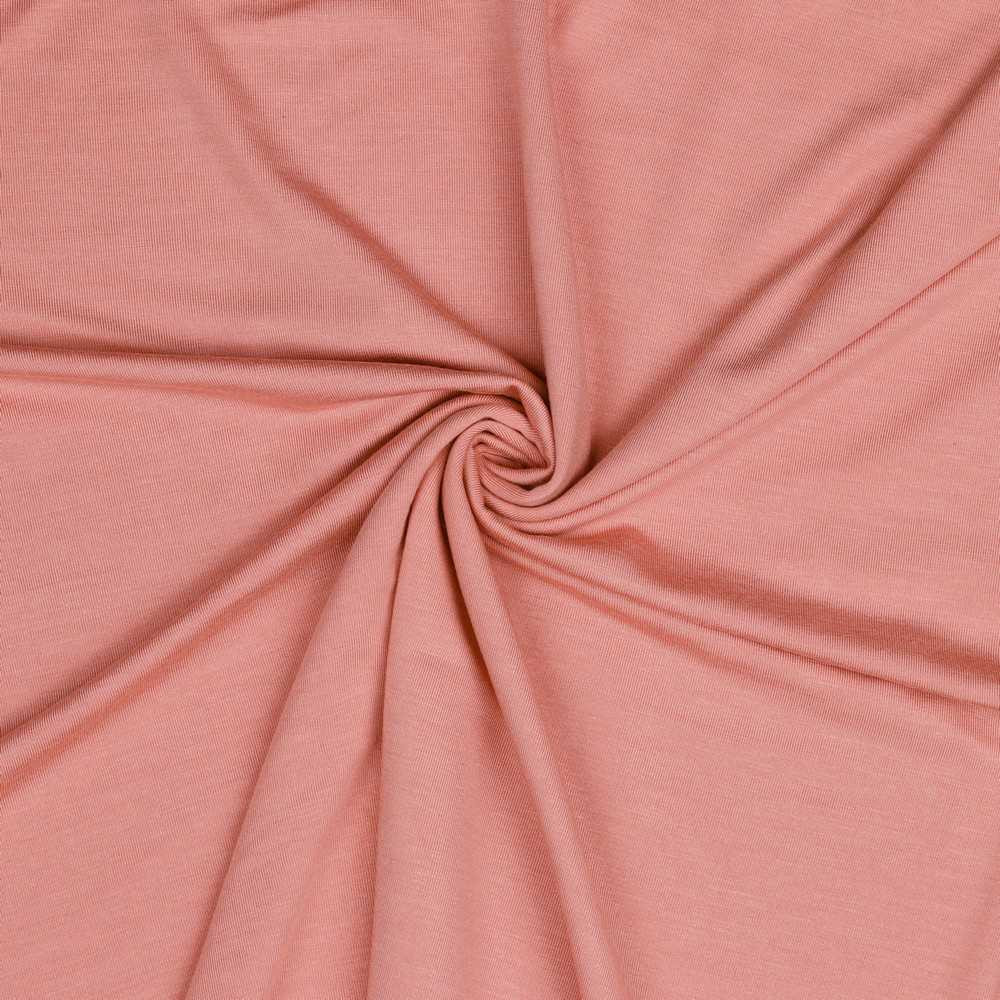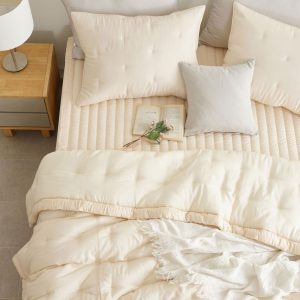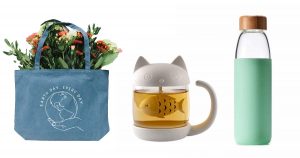Viscose, also known as rayon, is a widely used textile material that has gained popularity in various industries. Its versatility, comfort, and sustainability make it a preferred choice for many designers and consumers. In this blog post, we will delve into the qualities and advantages of viscose, shedding light on why it is considered a good material in today's fashion and textile world.
- The Origins and Manufacturing Process of Viscose:
Viscose is derived from natural cellulose fibers, typically sourced from wood pulp or bamboo. The manufacturing process involves treating the cellulose with chemicals to create a viscous solution, which is then extruded into filaments and spun into yarns. This process allows for the production of a wide range of textures and finishes, making viscose a versatile material for various applications. - Softness and Comfort:
One of the key characteristics of viscose is its exceptional softness. The fibers are smooth and silky to the touch, providing a luxurious feel against the skin. This makes viscose an excellent choice for clothing items such as dresses, blouses, and underwear, where comfort is paramount. Additionally, viscose has excellent breathability, allowing air to circulate and keeping the wearer cool and comfortable even in warm weather. - Drapability and Versatility:
Viscose fabric has excellent draping properties, which means it can effortlessly flow and hang beautifully when used in garments. This makes it a popular choice for creating elegant and flowing designs, such as evening gowns, skirts, and scarves. The versatility of viscose also extends to its ability to blend well with other fibers, enhancing its performance and expanding its range of applications. - Environmental Sustainability:
Viscose is considered a sustainable material due to its renewable and biodegradable nature. The production process of viscose involves the use of natural raw materials, reducing the reliance on non-renewable resources. Additionally, advancements in manufacturing techniques have led to the development of eco-friendly production methods, minimizing the environmental impact. As a result, viscose is a preferred choice for environmentally conscious consumers and brands. - Care and Maintenance:
Proper care and maintenance are essential to prolong the lifespan of viscose garments. While viscose is known for its softness and comfort, it is also prone to wrinkling and shrinkage. Therefore, it is recommended to follow the care instructions provided by the manufacturer, which often include hand washing or gentle machine washing in cold water and avoiding excessive heat during drying.
Conclusion:
Viscose is a remarkable material that offers a multitude of benefits, making it a good choice for various applications in the fashion and textile industry. Its softness, drapability, and versatility, combined with its sustainability, make it a preferred option for designers and consumers alike. By understanding the qualities and advantages of viscose, we can appreciate its value and make informed choices when it comes to selecting clothing and textile products.




+ There are no comments
Add yours